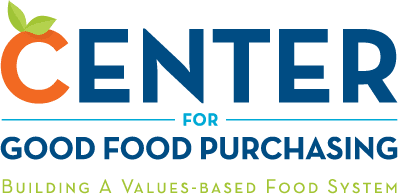Every year, institutions across the United States – from school districts to city governments – spend billions of dollars on food purchases. By exercising their buying power and building Good Food purchasing practices into their work, food service institutions can influence supply chains and be key strategic partners in the transformation of our food system for the benefit of children, families and communities – toward a food system that is more healthy, ecologically sound, socially responsible, humane, and supportive of regional food economies..
To maximize the potential of procurement as a strategy to transform supply chains, national organizations and communities across the country are increasingly aligning and networking efforts across regions and among institutions to:
- Activate the policy process to institutionalize major food buyers’ commitments to Good Food and supply chain transparency;
- Enhance the capacity of local multi-sector coalitions to mobilize democratic participation in the public procurement process and ensure public food contracts reflect community values and hold vendors accountable to these values;
- Increase alignment and cross-sector collaboration in food systems transformation; and
- Empower a national network of institutions with better supply chain information, leveraging their collective buying power to drive large-scale market shifts towards a a food system that is healthier for people and planet.
This two day summit – The Power of Procurement: Good Food for our Future – is a convening of regional and national food systems leaders intended to deepen the knowledge base and coordination of those advancing and advocating for modern food procurement strategies.
We chose Chicago as the location for our summit for a number of reasons, among them the opportunity to highlight the important work being carried out locally to accelerate good food purchasing. In 2017, the the city of Chicago and Chicago Public Schools adopted of the Good Food Purchasing Program, followed by Cook County, Illinois a year later. Cook County adopted the program with a policy statement that is one of the strongest such policies in the nation, including provisions to create supply chain opportunities for producers of color in the region.

